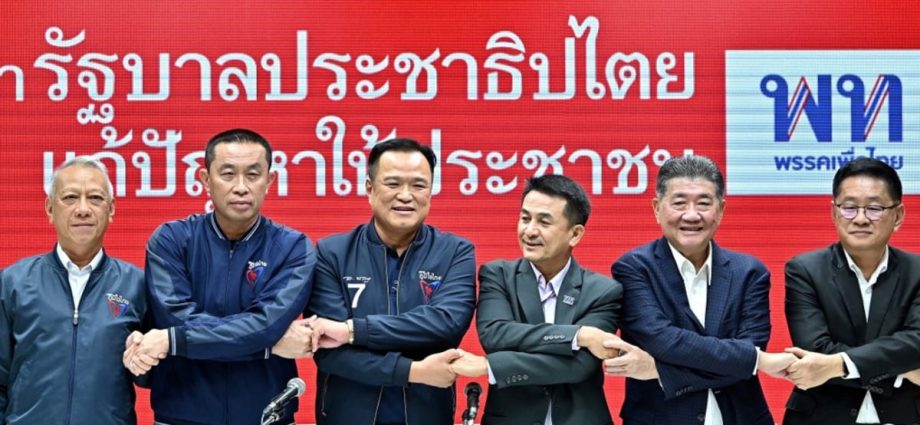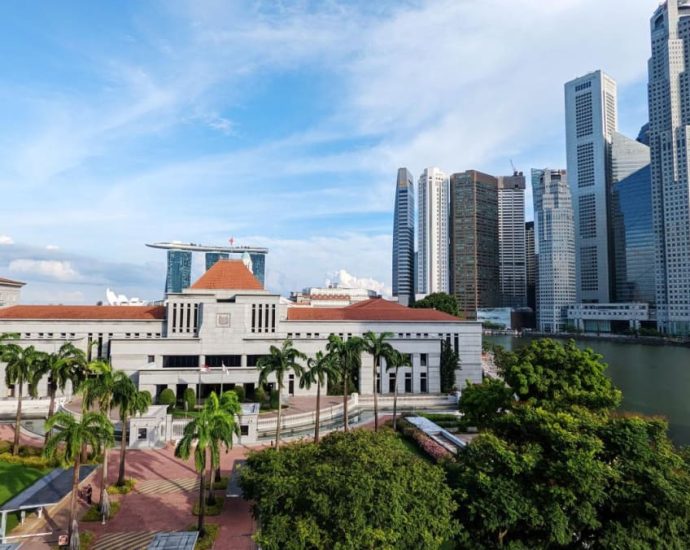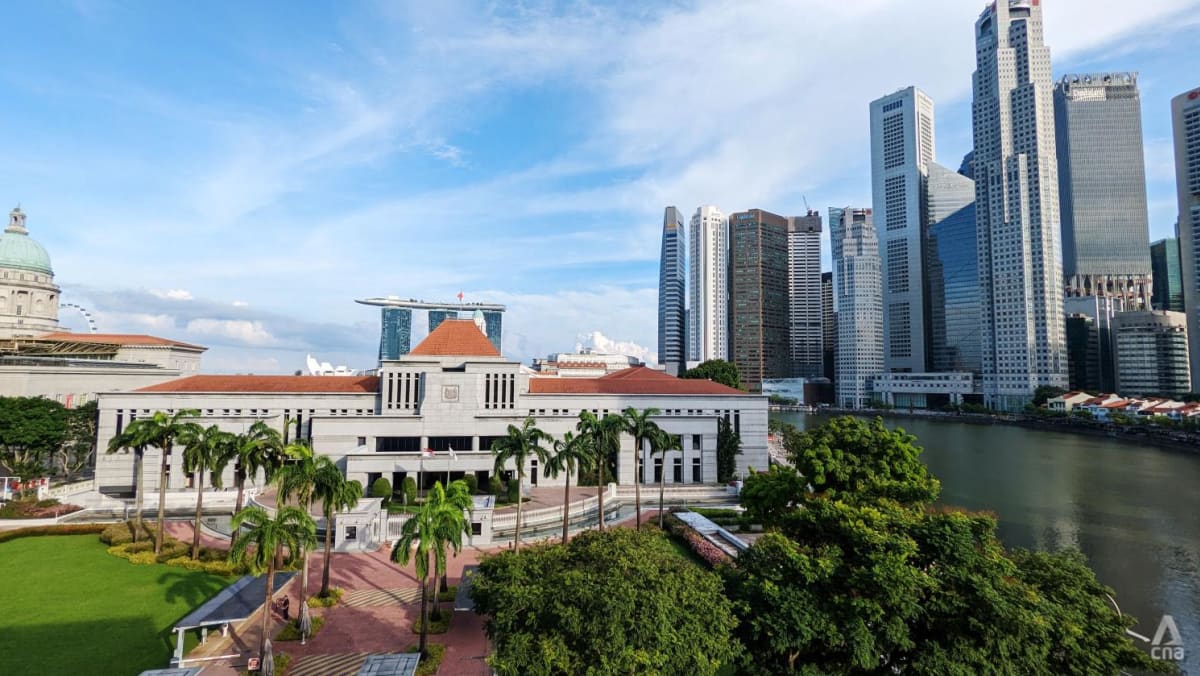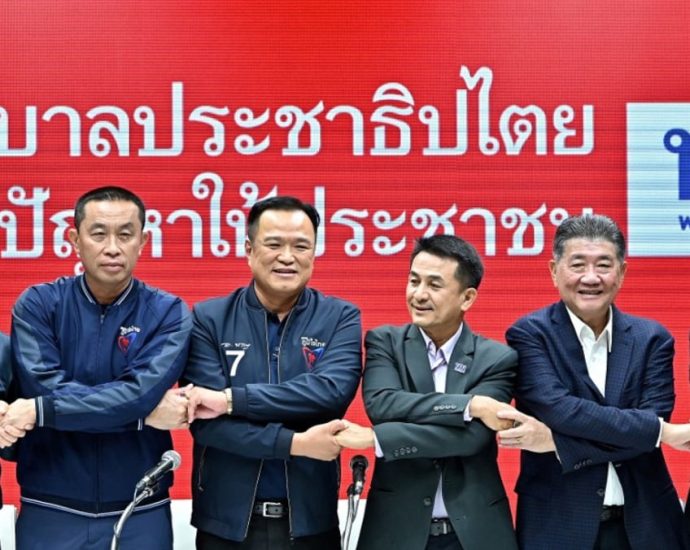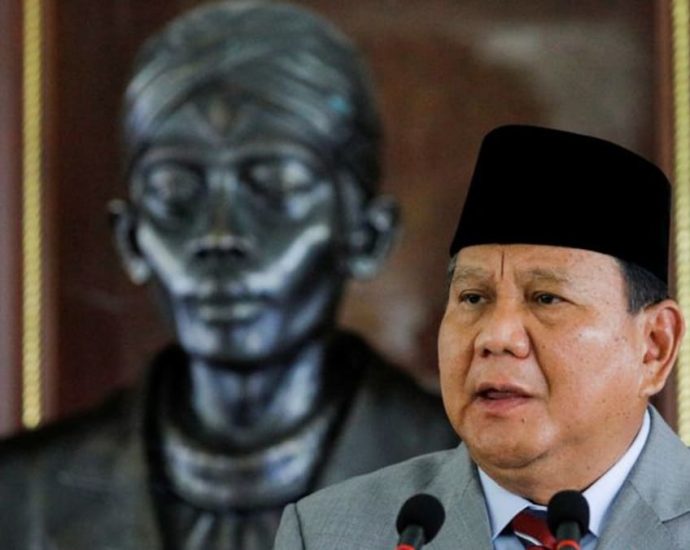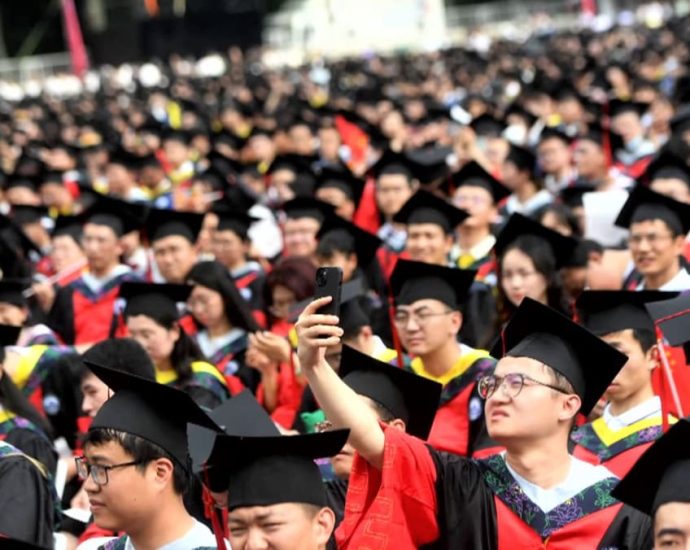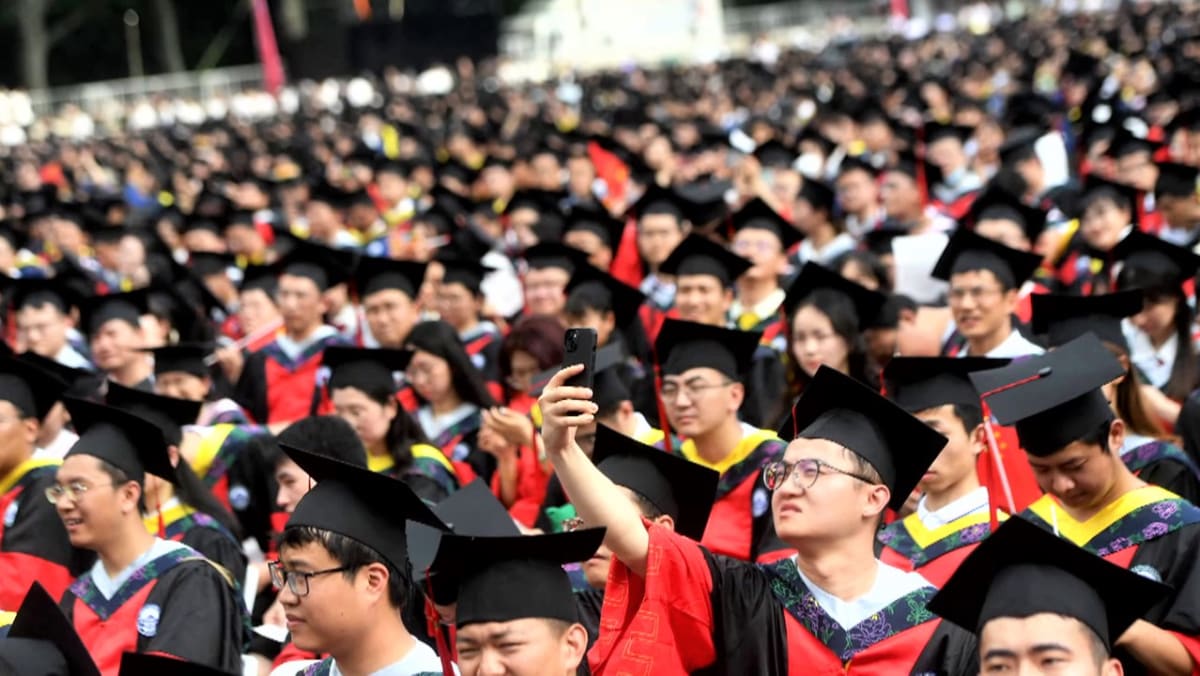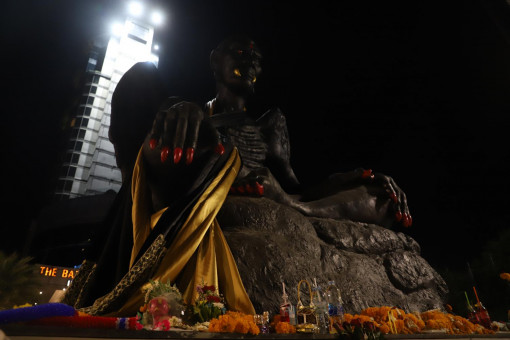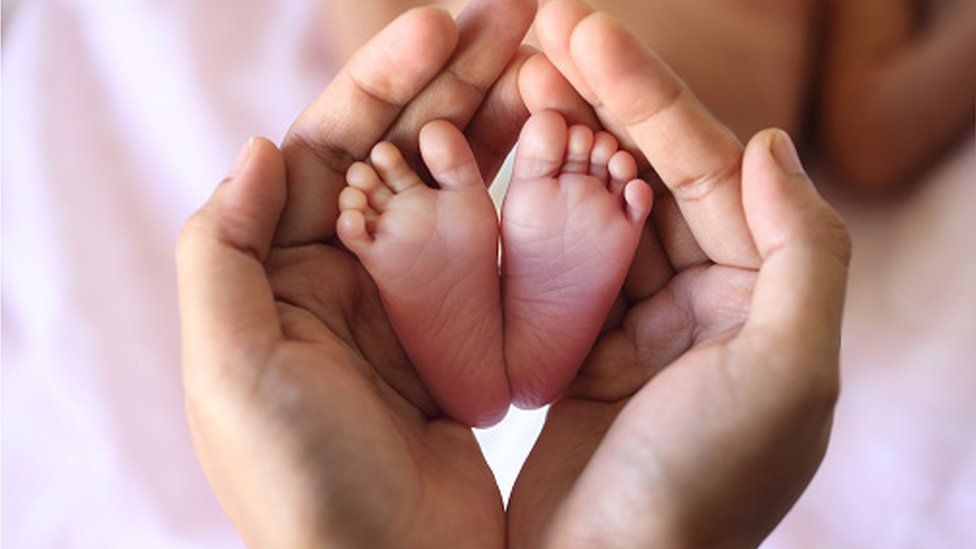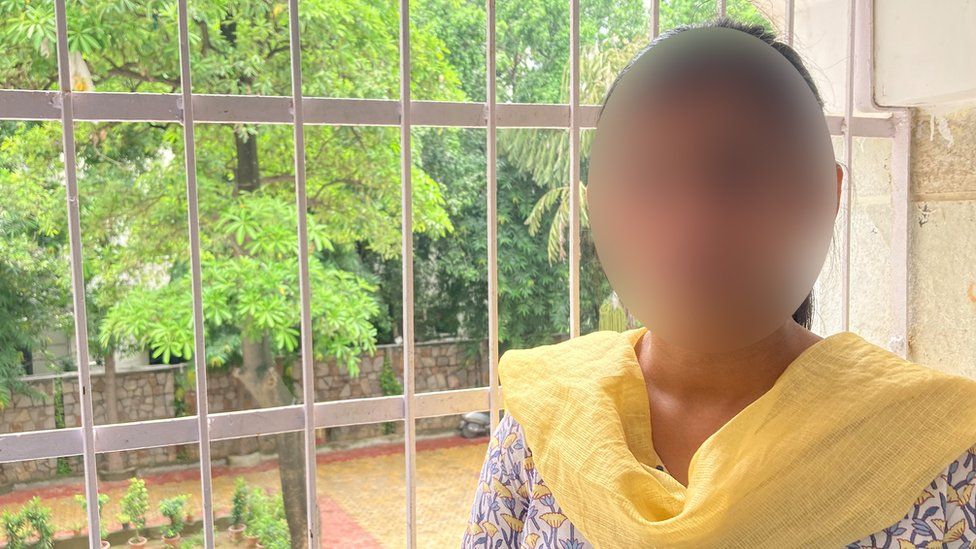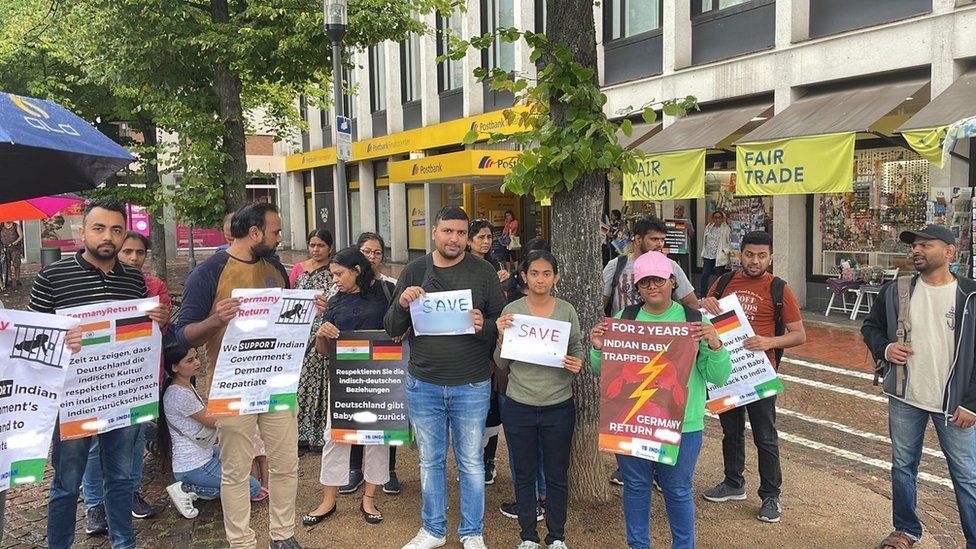Analysis: Democracy champion to new face of conservatives â how Pheu Thai’s moves to regain power could shape Thai politics

A MATHEMATICAL CHALLENGE
First, here’s the mathematical challenge confronting Pheu Thai in its quest to form and lead the next government.
After parting ways with Move Forward, Pheu Thai has been pushing for its candidate Srettha Thavisin to become Thailand’s 30th prime minister – an onerous task that requires the approval of at least 375 parliamentarians or more than half of the national assembly.
The condition is stipulated in the current constitution, written by a military-appointed committee after a coup d’etat in 2014.
Designed to extend the establishment’s political control, the law is a legacy of incumbent Prime Minister Prayut Chan-o-cha, a general-turned-politician who deposed Pheu Thai’s previous government nine years ago.
It gives power to the military-controlled Senate to jointly select the prime minister with the House of Representatives until May next year.
The Pheu Thai-led coalition currently commands 238 votes and still needs 137 more to secure the premiership for Mr Srettha.
On Tuesday, Move Forward had declared it will not vote for Pheu Thai’s prime ministerial candidate, adding more obstacles and dilemmas to its quest for power.
With Move Forward out of the equation, Pheu Thai does not have other options but to ally itself with military-linked parties Palang Pracharat and United Thai Nation.
The first belongs to Gen Prawit Wongsuwon, Thailand’s incumbent deputy prime minister and former army chief, who played a key role in the Prayut junta. The latter was led by the coup maker himself until his resignation last month.
Their combined 76 votes and influence on 249 senators could give Pheu Thai a final push to form the government when parliament reconvenes on Aug 22 to select the prime minister.
SECURING THAKSIN’S RETURN
Pheu Thai’s race to form the government coincides with an expected return of Mr Thaksin, who was ousted from power in a military coup in 2006.
The Shinawatra family has close ties with Pheu Thai, which is a reincarnation of Mr Thaksin’s old political group Thai Rak Thai. His youngest daughter Paetongtarn Shinawatra is in fact one of the party’s prime ministerial candidates.
Currently living in exile in Dubai, United Arab Emirates, the ex-prime minister initially planned to come home on Aug 10 but later postponed his trip, citing medical appointments. For political observers, however, the delay was caused by the fact that Pheu Thai had not secured the premiership just yet.
“The prime ministerial post is the most important thing,” said Dr Thanaporn Sriyakul, president of the Political Science Association of Kasetsart University.
He believes Pheu Thai is doing everything it can to win the country’s top job, even though it means going against its campaign rhetoric and promise not to work with the military-affiliated parties.
Pheu Thai’s alliance with military-linked parties could also ensure a safe homecoming of its fugitive patron Thaksin. Despite speculation that Pheu Thai may offer the premiership to Gen Prawit from Palang Pracharat in exchange for Mr Thaksin’s return, some analysts disagree.
“People may think that giving the premiership to Prawit would get Thaksin home but how can Pheu Thai be sure that if it doesn’t get to lead the government, Thaksin will be able to return safely?” said Dr Siripan.

